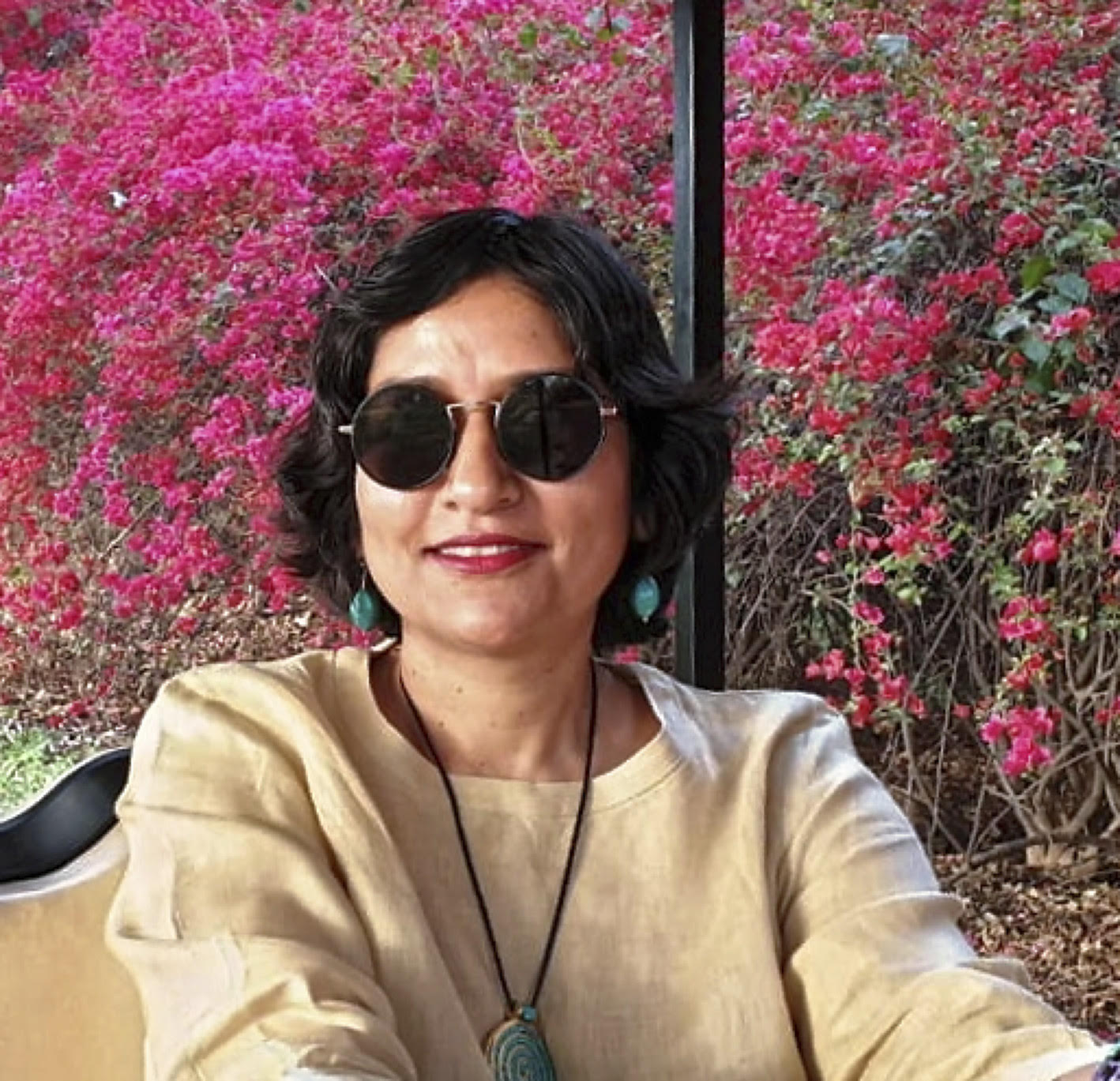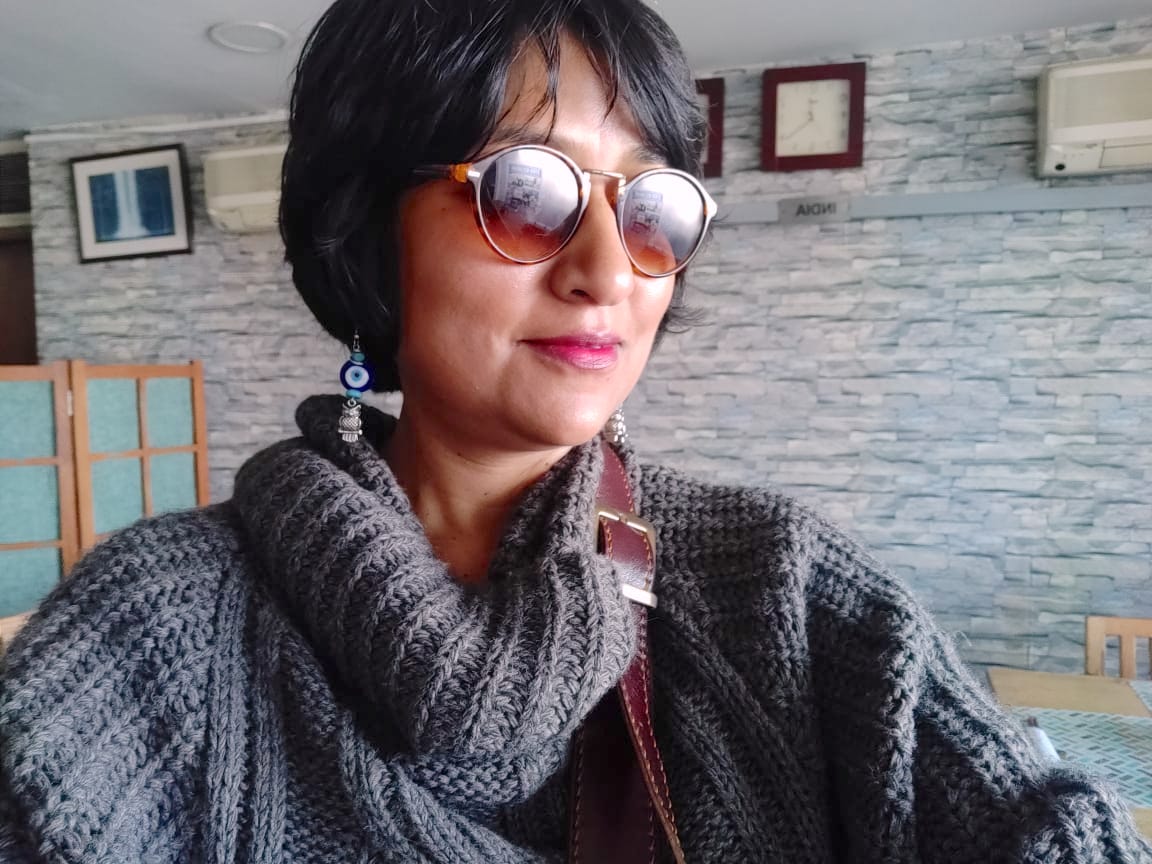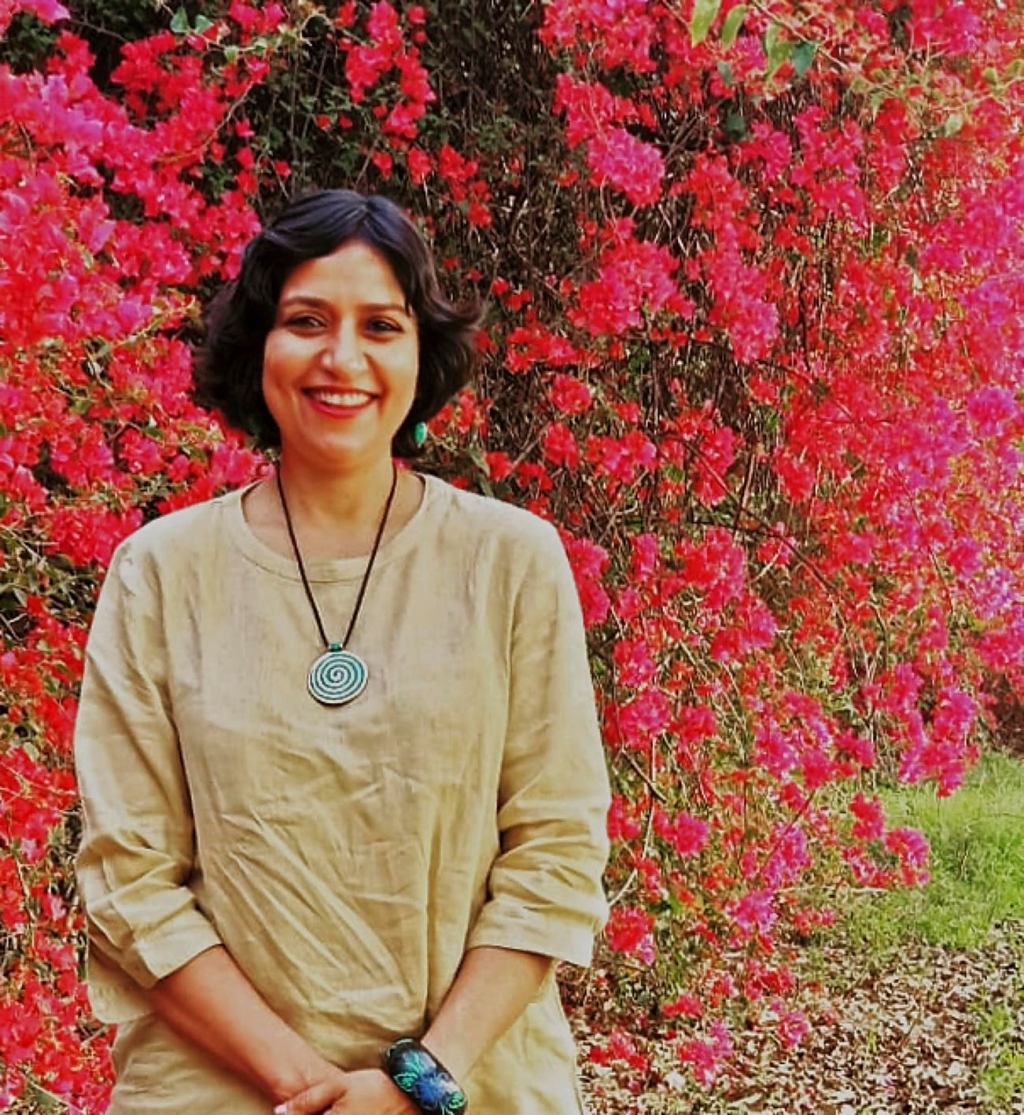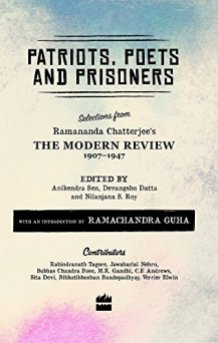Nilanjana S Roy is the author of Black River, noir fiction that explores the aftermath of a terrible murder in the border village of Teetarpur, and grief, love and friendship in times of ferment and rising tensions.
She has also published two award-winning fantasy novels (The Wildings and The Hundred Names of Darkness) and a collection of essays on reading (The Girl Who Ate Books).
Her anthologies include Our Freedoms: Essays and Stories From India’s Best Writers, A Matter Of Taste: The Penguin Book Of Indian Food Writing, and Patriots, Poets & Prisoners: Selections from Ramananda Chatterjee’s The Modern Review.
She writes about books and the reading life for the FT’s Life & Arts section, was a contributing opinion writer on gender and other subjects for the New York Times, and has written extensively for the BBC, the Business Standard and other places. She helped to set up the Indian publishing house, Westland Books, as its first chief editor, was a founder member of PEN Delhi, and has served on several literary juries, festival boards, gender and literacy trusts.

Before she became a full-time novelist, she worked as a food columnist, a travel writer, a reporter and columnist on gender and gender violence, an editor, a publisher, was briefly a legal researcher, taught even more briefly in a nursery school and spent several happy years as an intrepid blogger, Hurree Babu over at the now defunct Kitabkhana.
Novels:
The Wildings (2012); The Hundred Names of Darkness (2013)
“Nilanjana Roy’s novel is a delight to read. Eliot’s Old Possum would have enjoyed these Practical Indian Cats.” – Salman Rushdie
The Wildings won the Shakti Bhatt First Book Award, and was shortlisted for the Waterstones Children’s Book Prize, the Commonwealth Book Prize among others. Environmental fable about a clan of cats in the rapidly changing Old Delhi neighbourhood of Nizamuddin, with dazzling guest appearances by tigers, a warrior mongoose, black kites and Doginder Singh.
Collections:
Patriots, Poets & Prisoners: Selections From Ramananda Chatterjee’s The Modern Review (2016)
“a must read for all interested in understanding the great debates and expositions that shaped discourse in India during four critical decades preceding Independence.” – Hiranmay Karlekar
“Every issue of the review packed a lot of intellectual punch. Besides the new Indian elite that devotedly followed The Modern Review every month, the British colonial authorities too read it closely to understand Indian nationalist opinion on contemporary issues.” – Niranjan Rajadhyaksha
The Girl Who Ate Books: Adventures in Reading (2016)

“A book so delicious it might make future bibliophagists of us all. Think of it as a guide to book lust, a compendium of Indian writing…” Tishani Doshi, The Hindu
A Matter of Taste: The Penguin Book of Indian Writing On Food (2004)

“In the next lane, a puja was being held in the house of a rich man. When darkness fell, Apu could see a large number of guests going into the house to have dinner. What if…what if he slipped in with them? It was such a long time since he had been to a big dinner. Could he do it? Who would recognise him anyway?
Apu stood in his balcony, swinging between temptation and fear.” –
Bibhutibhushan Bandopadhyay
Essays and short stories in anthologies:

50 Writers, 50 Books: The Best of Indian Fiction (Edited by Pradeep Sebastian)
Chillies and Porridge: Writing Food
(Edited by Mita Kapur)
The Panchatantra (Puffin Classics, translated by Rohini Chowdhury,
Introduction by Nilanjana S Roy)
Some early short stories have been published in BeWitched!, Spooky Stories and ‘7’, by Scholastic India
Journalism and publishing:

- FT Life & Arts columnist, Reading The World (2017-present)
https://www.ft.com/stream/101d0e64-c420-412a-98d3-cd5fa4d50030
- Business Standard, columnist, books and the reading life
Speaking Volumes, my weekly column on the reading life and Indian publishing, was the longest-running literary column in India’s English-language media.
https://www.business-standard.com/author/search/keyword/nilanjana-s-roy
- Contributing opinion writer, New York Times, 2013-2014
https://www.nytimes.com/by/nilanjana-s-roy
- Columnist, gender, International Herald Tribune, 2012-2010.
Covered issues ranging from sexual violence to the rights of domestic workers and the battle of Muslim women for legal equity, over a two-year period.
- Chief Editor, Westland Books/ Tranquebar Press, 2007-2009.
Westland Books is one of India’s largest English-language publishing houses, with offices in Delhi and Chennai. As its first Chief Editor, I helped to put an ambitious literary fiction and non-fiction publishing programme in place, leaving in 2009 to pursue my own writing.
Essays and journalism have also been published in Al-Jazeera, Biblio, the BBC, Granta, The Hindu, Outlook, The Sunday Times and other media.
Residencies:

Arts and Literary Arts Writing Fellow, Rockefeller Center Foundation, 2013
Writer at Tranquebar, Sangam House Residency, 2011
Juries, Miscellaneous and The Odd Bits Box:
- Served on the jury for the Crossword Book Awards (fiction) thrice; chair of the jury for the 1st DSC Prize in 2009; jury member, Hindu Literary Awards, 2011-2012; occasional selector for the Sangam House Residency and other international residencies and literary awards.
- Was on the advisory board for the Neemrana Festival of Literature (2002) and various other literary festivals in India.
- Frequent speaker and moderator at literature festivals from the Jaipur Literature Festival, the Times of India Literary Festival, Hindu Lit For Life to the FT Weekend Oxford Literary Festival etc, and have television/ radio speaking experience.
- Started and ran Kitabkhana (kitabkhana.blogspot.in), India’s first literary weblog, under the pseudonym Hurree Babu, 2003-2009.
- PEN Centre, Delhi: Founding member of Delhi’s first PEN Centre for writers and journalists, along with Rachna Singh and others, contributor to PEN International reports on threats to media freedoms and artistic freedoms in India.
A few interviews about the books:

Parul Sehgal – The Art of the Review:
https://parulsehgal.com/2011/08/16/the-art-of-the-review-v-nilanjana-roy/
Tishani Doshi – Books For Breakfast:
The New York Times: A Conversation with…
https://india.blogs.nytimes.com/2012/08/09/a-conversation-with-author-nilanjana-roy/
Writers At Work: Interview by Somak Ghoshal
https://www.livemint.com/Leisure/PWEOLnlq9fAVO0x7or74xL/Writers-At-Work–Nilanjana-Roy.html
Urvashi Bahuguna: The Broken Taar
http://helterskelter.in/2016/03/interview-nilanjana-roy-the-girl-who-ate-books/







Leave a comment